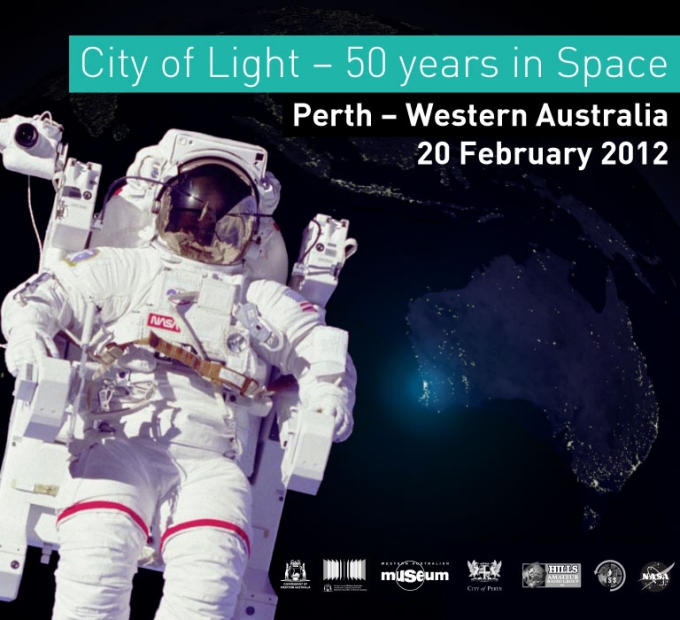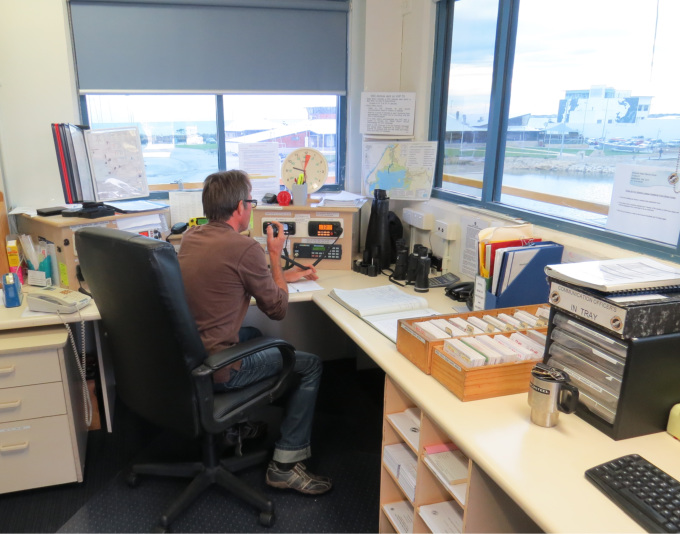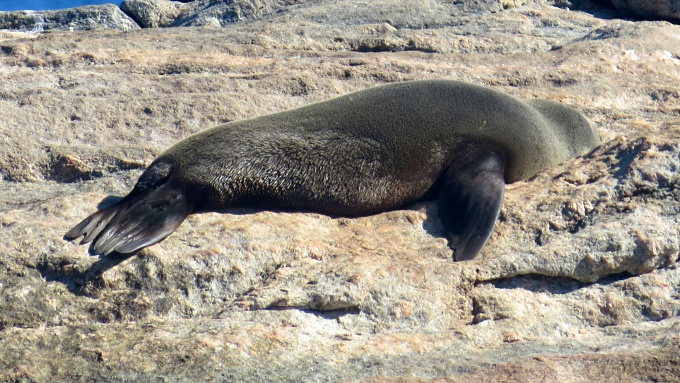About Perth, Western Australia
/One thing we haven't done since arriving in Mandurah is to visit Perth, Western Australia's capital city. We've driven around the outskirts of the city getting to and from the airport, but we've never had the chance to explore. We thought that since we're getting ready to leave the area, we should rectify the situation. First, of course, I needed to do a little research to learn more about Australia's fourth largest city.
I read on several websites that Perth is considered the most isolated capital city in the world. It's closer to Singapore than it is to Canberra, and closer to Bali than it is to Sydney. That said, actually Honolulu, Hawaii is more remote. But if we change the qualifiers to “second” most isolated capital city or most isolated capital city in Australia or most isolated continental capital city, then Perth wins.
Here are few more superlatives I've found for Perth.
It's the sunniest capital city in the world, with an average 8 hours per day sunshine 365 days per year. The qualifier is “capital city” because Las Vegas is definitely sunnier than Perth. If we had to judge “sunniest” based on the time since we've been back, Perth wouldn't have made the cut. However, the rest of the year makes the sunny day average climb dramatically.
In the whole world, Perth is the capital city with the most consistent wind. The breeze known locally as the 'Fremantle Doctor' arrives between 12pm and 3 pm virtually every day of the year.
Perth's King's Park is the largest inner city park in the world. Yes, it's even bigger than Central Park in New York City. It was also the first park to be designated for public use in Australia in 1872.
Perth is the only city in the world where fixed-wing aircraft can land in the central business district (Langley Park).
Perth has the highest population per capita of self made millionaires in the world. They pay well here.
Perth was nominated by John Glenn as the 'City of Lights' as he passed over in Friendship 7 in 1962 and became the first American to orbit the Earth.
The Perth Mint is the world's oldest mint still operating from its original premises. The world's top selling gold, silver and platinum coins can be seen in production at the mint. In 2012, the mint unveiled the world's biggest and most valuable new coin, weighing in at one ton of 99.99% pure gold.
Even without these trivial superlatives, we would have been keen to visit the city, but heck, a little trivia is always nice to know. Come along with us on the train tomorrow for a little exploration of Western Australia's capital city.















